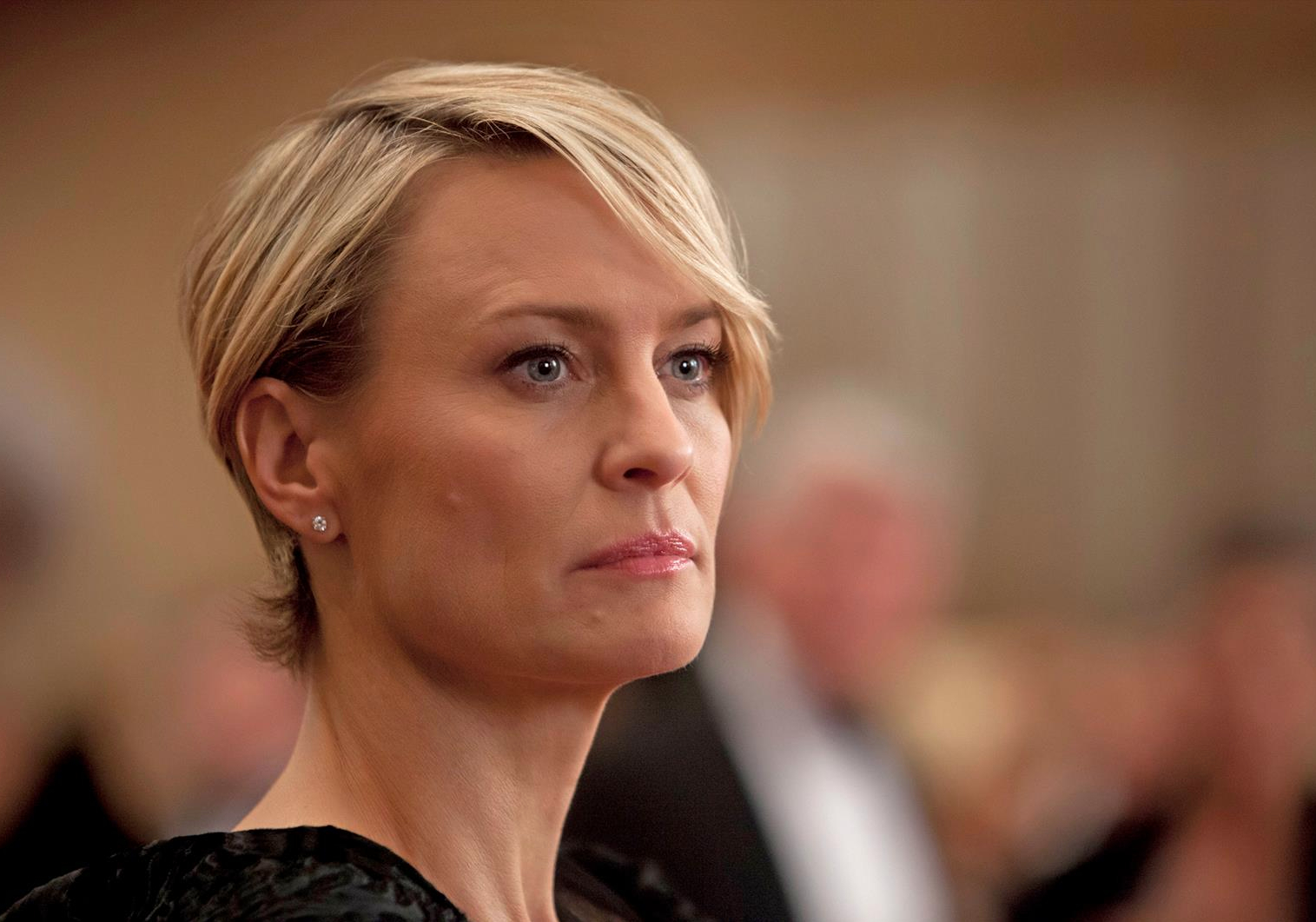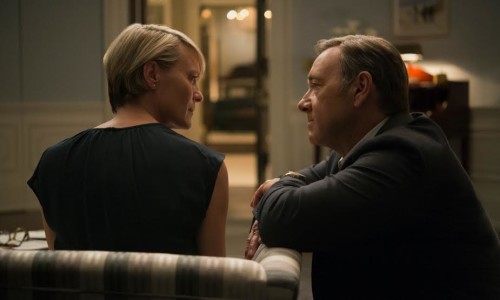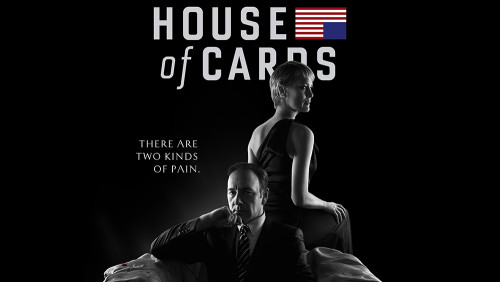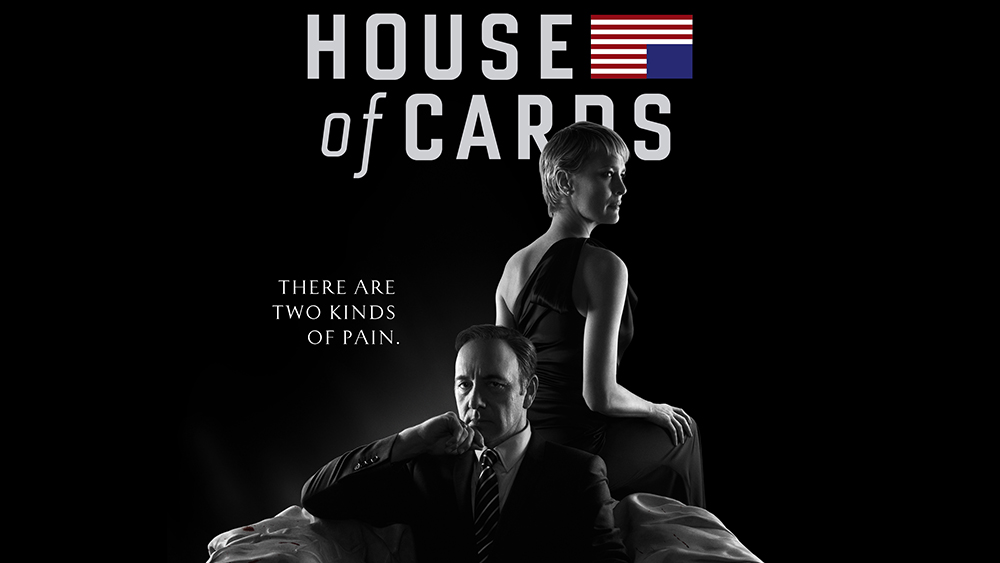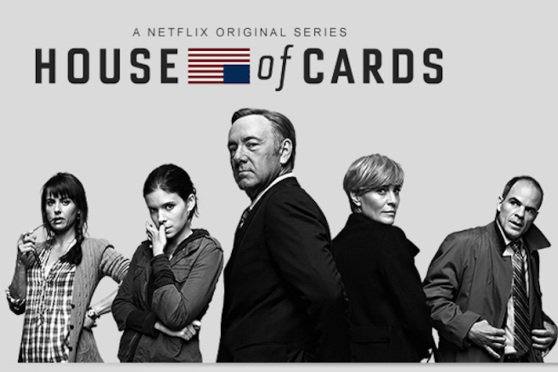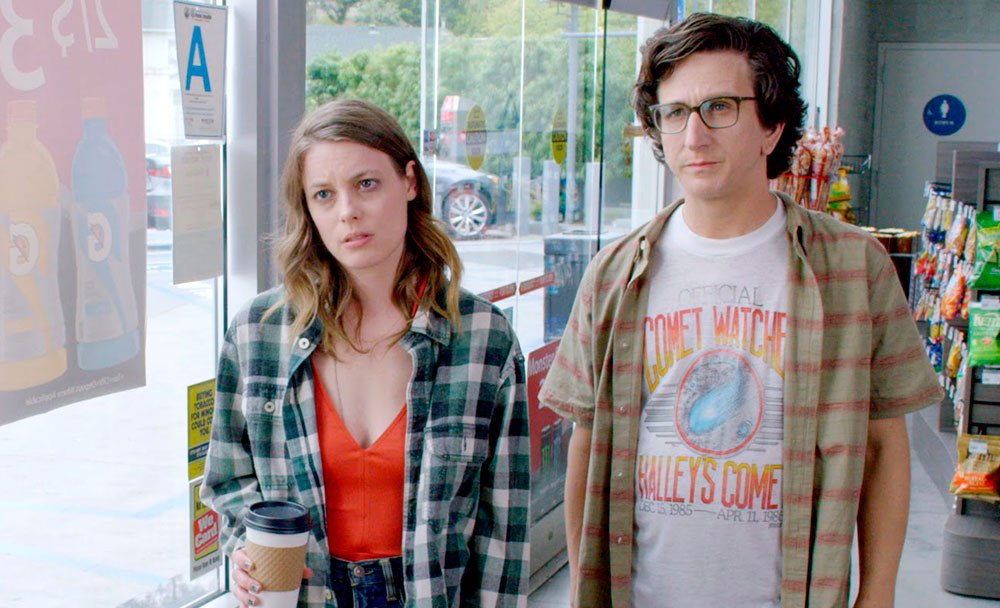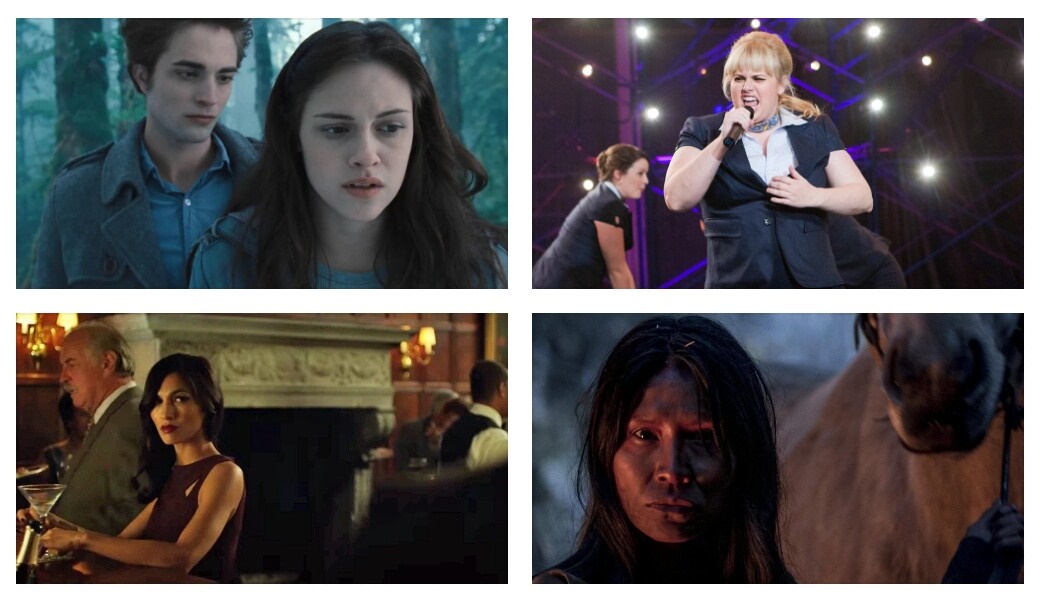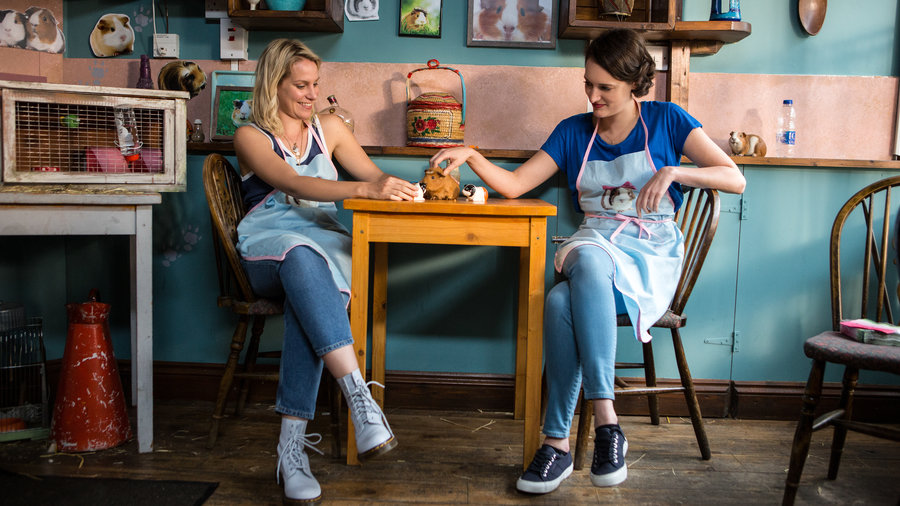The Villainization of Claire Underwood on ‘House of Cards’
Much of what makes besmirching Claire Underwood villainous is also what I can’t help but find admirable about her — and at first, this made me question myself. … But then I thought, perhaps, it could be possible that we’ve vilified every aspect of Claire Underwood because our culture is inherently threatened by her. She’s the personification of what a patriarchal society is most fearful of… Claire Underwood has to be a villain because we aren’t ready for a world where she’s a heroine.
